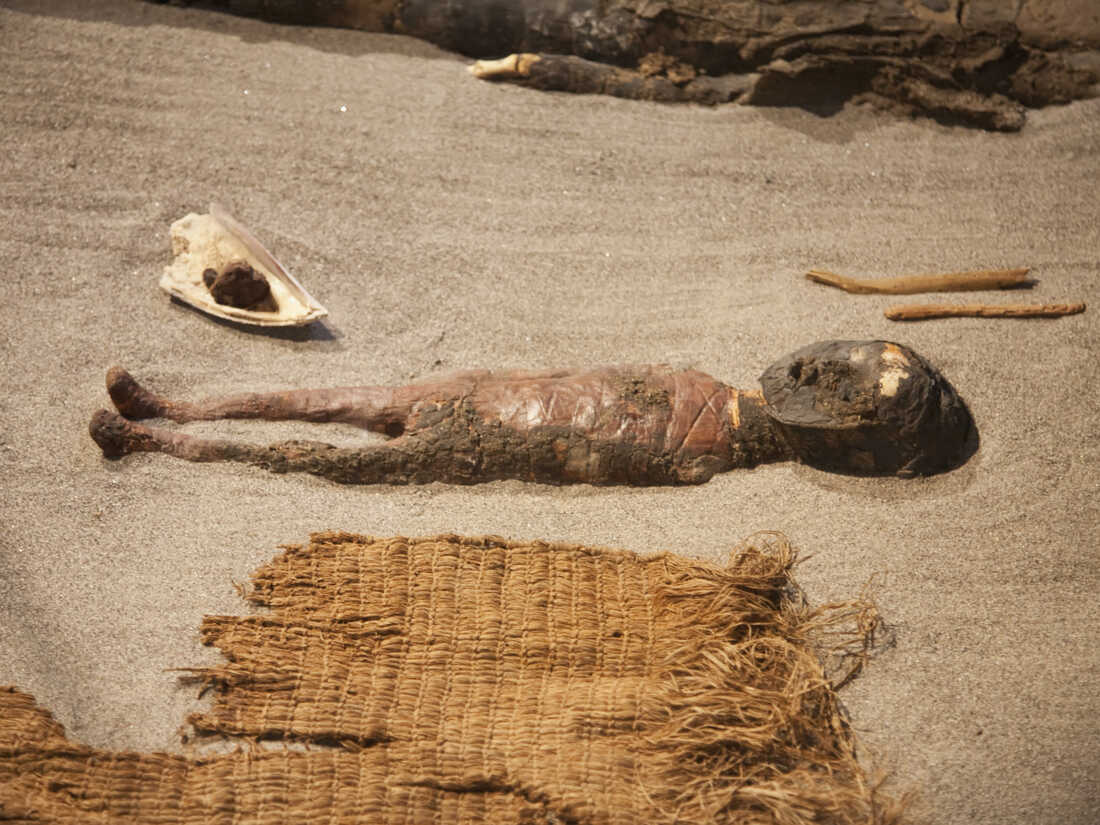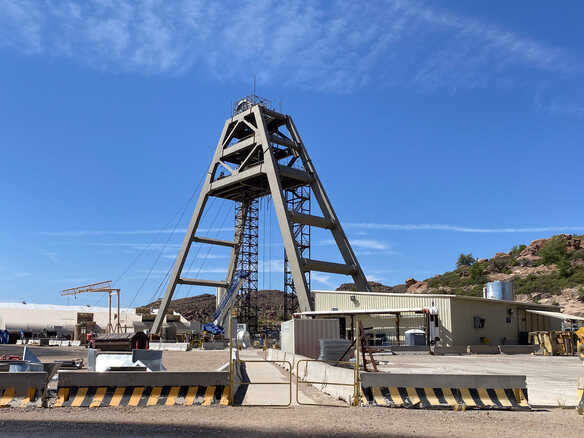Another struggle after the Maui fires: keeping toxic runoff out of the ocean
By Lauren Sommer
The extreme wildfire that hit Lahaina burned all the way to the coast. As the cleanup continues, rainstorms could wash toxic runoff into the ocean. Claire Harbage/NPR hide caption
toggle caption Claire Harbage/NPRThe extreme wildfire that hit Lahaina burned all the way to the coast. As the cleanup continues, rainstorms could wash toxic runoff into the ocean.
Claire Harbage/NPRWith more than 2,200 homes and buildings destroyed in Lahaina, Maui, the rubble and ash will take months to clean up. The process has yet to begin, and another challenge is looming: keeping the toxic fire debris from pouring into the ocean.
Coral reefs sit just offshore from the town's razed waterfront, an ecosystem that's highly vulnerable to runoff. Residents who are sifting through the wreckage of their community don't want to see more damage done.
"The rain is going to wash everything away, and then our ocean is going to be dead," says Travis Cabanilla Okano, who lost his home in the fire. "Our reef – that's what my family lives on. We do fishing, diving. Everything we do is with the water."
Long tubes of organic matter are being installed around storm drains in Lahaina to filter the runoff in burned areas. Claire Harbage/NPR hide caption
toggle caption Claire Harbage/NPRLong tubes of organic matter are being installed around storm drains in Lahaina to filter the runoff in burned areas.
Claire Harbage/NPRBarriers being installed around storm drains
As the fire hit wood buildings in downtown Lahaina, high winds stoked flames that reached extreme temperatures. The resulting wreckage holds a vast amount of chemicals and metals.
"You've got a car and heavy metals in the catalytic converters," Storlazzi says. "But then you've also burned the fuel in the gas tank and the rubber tires. There's such a wide range of chemicals in there. Same thing in a house."
While Lahaina is located on the drier side of Maui, rainstorms could cause soot and debris to pour into storm drains, which empty into the ocean.
Marine experts are concerned that heavy metals and chemicals could get into the ocean's food chain, as well as harm the coral reef itself. Claire Harbage/NPR hide caption
toggle caption Claire Harbage/NPRMarine experts are concerned that heavy metals and chemicals could get into the ocean's food chain, as well as harm the coral reef itself.
Claire Harbage/NPR"It's an incredibly tragic incident, but these kinds of things are projected to occur in greater frequency and magnitude in the future," Storlazzi says. "So anything that we can learn now will allow us to provide better, impartial, sound scientific information in the future to hopefully avoid impacts and really increase the resiliency of these coastal communities."
Coral reefs become less resilient
Metals and contaminants from the fire could enter the bottom of the food chain in the ocean, which then become concentrated in fish as they eat those smaller animals. The runoff could also stress the coral, causing disease or even death. Even water that's clouded by dust could have an impact.
"What that does is it blocks the sun reaching corals, and corals are photosynthetic organisms so they need light to produce energy and therefore survive," says Jamison Gove, research oceanographer with the National Oceanic and Atmospheric Administration.
if they're already stressed by urban runoff."The resilience of those reefs to changing ocean temperatures is really important," Gove says. "So when we chronically impact reefs, like with coastal runoff in urban areas, we make them more susceptible to the impacts of climate change."
With the risk that some heavy metals and toxins could last in the environment for some time, health officials and scientists will need to monitor the lasting impact these fires could have.



